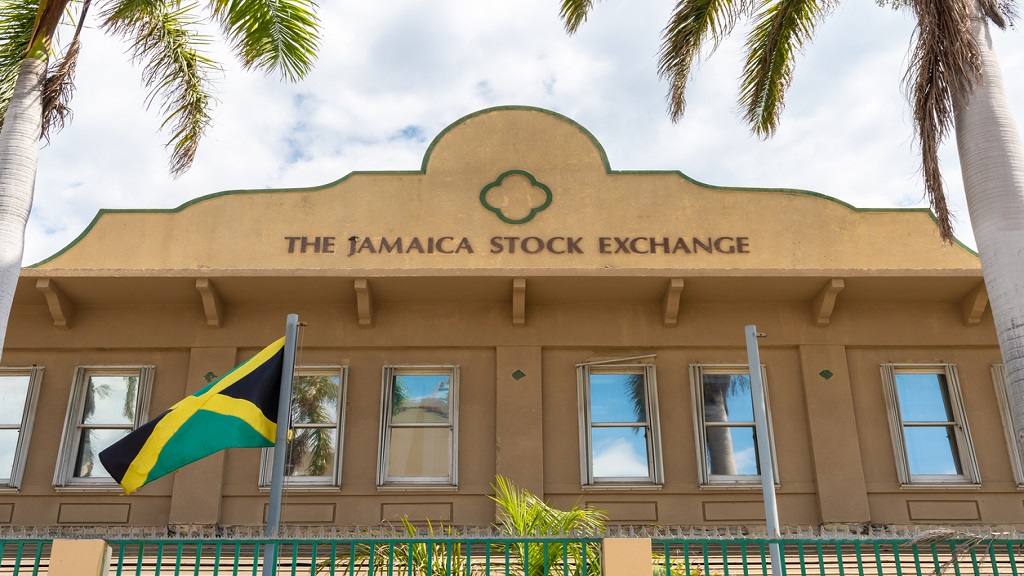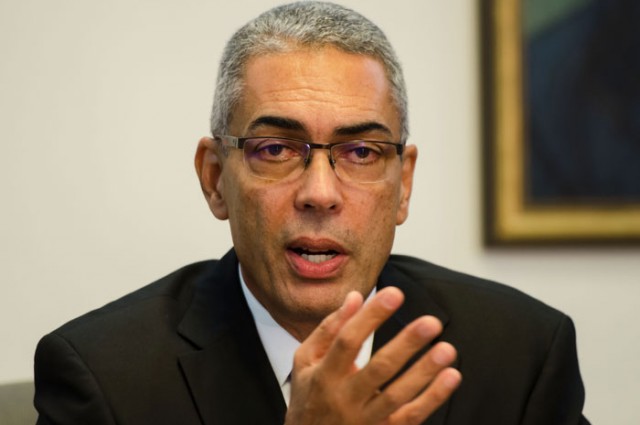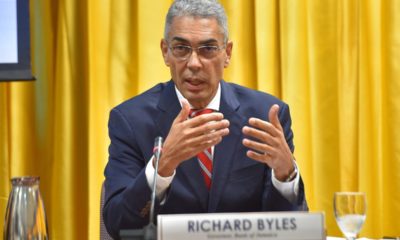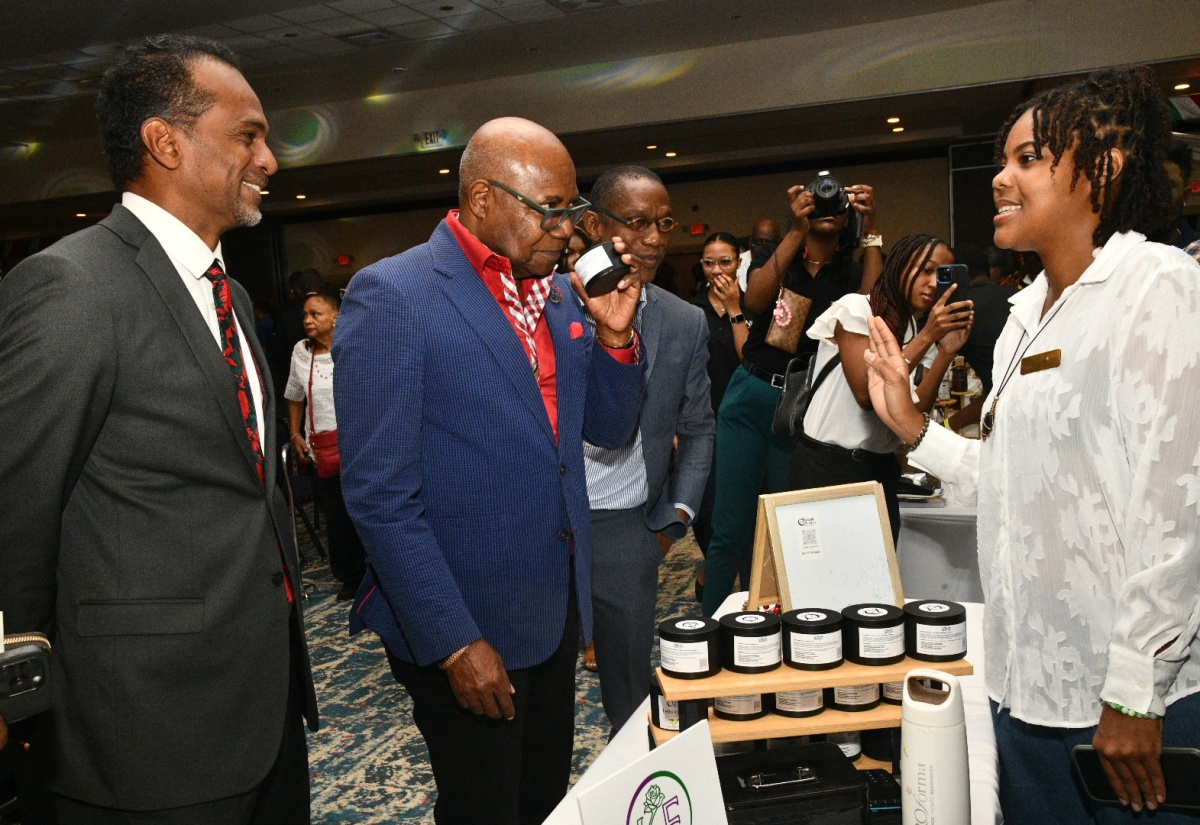Introduction: The Tension Between the Central Bank and Commercial Banks
Jamaica’s economic recovery in recent years has been closely tied to the monetary policies of the Bank of Jamaica (BOJ), which has used interest rate adjustments as a tool to control inflation, stabilize the currency, and foster economic growth.
However, a key obstacle to the effectiveness of these policies has been the slow transmission of BOJ rate cuts into the lending rates of commercial banks. The pace at which commercial banks lower their interest rates after the BOJ makes its adjustments has been a source of tension, particularly as high borrowing costs have stifled investment and economic activity in critical sectors such as construction, real estate, the stock market, and broader financial services.
The Rate Transmission Challenge
For years, the BOJ has maintained an aggressive stance on controlling inflation, setting the policy rate at elevated levels to curb inflationary pressures and stabilize the exchange rate. The central bank’s decision to raise rates has, however, faced resistance when passed through to consumers. While the BOJ adjusts its policy rate, which is expected to affect market rates and borrowing costs, commercial banks in Jamaica have been slower to adjust their own lending rates. The delayed response from commercial banks in reducing interest rates after the BOJ signals a rate cut has created a disconnect in the economy, frustrating the central bank’s efforts to stimulate investment.
“We are absolutely determined that we have to have a much more efficient transmission system,” Bank Of Jamaica Governor Richard Byles
“Commercial banks have been slow to lower lending rates in response to BOJ adjustments, even as the central bank signals its intention to stimulate growth,” says an economist from the Caribbean Development Bank. “This delay results in a less responsive monetary policy, which weakens the transmission mechanism and hampers economic growth.”
This slow pass-through effect has been especially problematic for businesses and consumers relying on credit to drive spending and investment. High lending rates have made borrowing expensive, discouraging business expansion and large-scale investments, especially in sectors like construction and real estate.
“The group’s financial performance continues to reflect the impact of the ongoing high-interest rate environment in Jamaica, which exerts downward pressure on property values, resulting in lower property income relative to prior year.” Norman Reid Chairman FirstRock Real Estate Investments Limited
The Impact on Key Sectors: Real Estate, Construction, and the Stock Market
1. Real Estate and Construction:
The construction and real estate sectors are particularly sensitive to interest rate movements because of their reliance on financing for property development and home purchases. High interest rates have increased the cost of capital for developers, making it more expensive to finance new projects and slowing down the pace of construction. In addition, potential homebuyers have been discouraged by high mortgage rates, further dampening demand in the housing market.
Jamaican developers and real estate professionals have expressed frustration with the lack of affordability. “With borrowing costs so high, it has become increasingly difficult for developers to undertake large projects or offer affordable housing to the average Jamaican,” said a prominent Jamaican real estate developer in an interview with the Jamaica Observer. “This is not just about the cost of money, it’s also about the ripple effect of slower growth in the construction industry, which impacts employment and related sectors.”
“Owing to higher policy interest rates by the Bank of Jamaica, which moved from a historic low of half a per cent (0.50) since October 2021 to the current 6.5 per cent, FirstRock Real Estate Investments Limited has been realising lower property income as pressure continues to weigh down property values resulting in a softening of the market.”
2. The Stock Market:

In the financial markets, particularly the stock market, high interest rates have made government securities more attractive relative to equities. As a result, the Jamaican stock market has seen a period of subdued investor activity. When interest rates are elevated, investors tend to favor the guaranteed returns of bonds and treasury bills, which are perceived as lower risk compared to stocks.
The Jamaican stock market has experienced a sharp decline in activity, with reduced liquidity and a diminished appetite for riskier investments. Analysts suggest that the high cost of capital has discouraged companies from seeking capital through equity financing, opting instead for less-expensive debt or leaving expansion plans on hold. “The slow transmission of lower rates from the BOJ to consumers means that the real economy and the stock market suffer as investment slows,” says an analyst at JMMB Group.
3. The Financial Sector:
The financial sector has been one of the primary sectors impacted by the BOJ’s rate hikes. Banks’ profitability is closely tied to the interest rate spread—the difference between what they pay for funds and what they charge on loans. As commercial banks face high borrowing costs, their interest rate margins tend to widen, increasing profits in the short term. However, in the long term, the suppressed demand for loans due to high rates can limit business growth opportunities and create a drag on the overall financial ecosystem.
“The banking sector is seeing increased profitability on loan spreads, but that comes at the cost of reduced lending, which is unsustainable in the long term,” says a financial analyst with Scotiabank Jamaica. “Banks need to balance profitability with growth, and high interest rates are squeezing that balance.”
The Likely Effects of Falling Interest Rates on Key Sectors
1. A Revival in Real Estate and Construction:
As the BOJ begins to reduce interest rates in response to easing inflationary pressures, the real estate and construction sectors stand to benefit significantly. Lower rates would reduce the cost of financing for both developers and homebuyers, unlocking pent-up demand in the housing market and spurring new construction projects.
Industry stakeholders are optimistic about the potential revival of the construction and real estate sectors. “The drop in interest rates will likely create a favorable environment for developers and potential homeowners. Projects that were previously on hold due to financing costs can now move forward,” says a director at the Jamaica Chamber of Commerce. With a focus on sustainable and affordable housing, developers expect to see increased interest in residential projects as mortgage rates become more manageable.
2. A Boost for the Stock Market:
In the stock market, lower interest rates tend to make equities more attractive compared to fixed-income securities like government bonds. As borrowing costs decrease and disposable income rises, consumer spending increases, driving demand for goods and services. Companies that are able to capitalize on this surge in demand are likely to see stronger earnings, which can attract investors back into the stock market.
In addition, lower rates would reduce the cost of capital for companies looking to expand, potentially leading to increased IPOs and capital raises on the stock exchange. A recovery in investor confidence could stimulate trading volumes and liquidity on the Jamaica Stock Exchange (JSE), enhancing its attractiveness to both local and international investors.
3. A More Dynamic Financial Sector:
The financial sector stands to benefit from a more balanced interest rate environment. Lower rates would stimulate demand for loans and credit products, providing a boost to lending volumes and enabling banks to diversify their portfolios. Banks would also be able to offer more competitive loan products, which would benefit consumers and businesses alike.
In particular, the reduced cost of capital could lead to increased investment in long-term projects, with businesses likely to take on more debt to fund expansion plans. This shift would help create a more dynamic financial sector, capable of sustaining growth in both the short and long term.
Conclusion: A Delicate Balance
The slow pass-through of BOJ rate changes to commercial banks’ lending rates has created challenges for Jamaica’s economic recovery, especially in key sectors like construction, real estate, and the stock market. However, as interest rates begin to fall, the prospects for these sectors are set to improve. Lower rates will encourage investment, promote lending, and make capital more accessible, providing a much-needed stimulus to the Jamaican economy.
As Jamaica navigates the transition to lower interest rates, the effectiveness of the central bank’s policies will depend on how quickly commercial banks respond to rate changes. A more synchronized approach between the BOJ and commercial banks could unlock significant growth potential, driving Jamaica towards a more dynamic and resilient economy.


 Businessuite Women3 weeks ago
Businessuite Women3 weeks ago
 Businessuite News242 weeks ago
Businessuite News242 weeks ago
 Businessuite News244 weeks ago
Businessuite News244 weeks ago
 Business Insights3 weeks ago
Business Insights3 weeks ago
 Business Insights4 weeks ago
Business Insights4 weeks ago
 Businessuite Markets4 weeks ago
Businessuite Markets4 weeks ago
 Entrepreneurship4 weeks ago
Entrepreneurship4 weeks ago
 Businessuite News244 weeks ago
Businessuite News244 weeks ago










 Meanwhile, Mr. Bartlett anticipates a significant increase in tourism earnings for the current quarter, compared to the corresponding period last year, which is attributable to the sector’s strong rebound from the disruptions caused by Hurricane Beryl.
Meanwhile, Mr. Bartlett anticipates a significant increase in tourism earnings for the current quarter, compared to the corresponding period last year, which is attributable to the sector’s strong rebound from the disruptions caused by Hurricane Beryl.
 Unilever’s decision to separate its global ice cream business marks a turning point for the British-Dutch consumer goods giant, ending a long chapter defined by household brands like Magnum, Ben & Jerry’s, and Wall’s. For Caribbean markets, including Jamaica and Trinidad where Unilever’s ice cream presence has been part of local summers for decades, the announcement signals more than just a corporate restructuring – it reveals how major multinationals are rethinking their portfolios in an era where margins matter as much as market share.
Unilever’s decision to separate its global ice cream business marks a turning point for the British-Dutch consumer goods giant, ending a long chapter defined by household brands like Magnum, Ben & Jerry’s, and Wall’s. For Caribbean markets, including Jamaica and Trinidad where Unilever’s ice cream presence has been part of local summers for decades, the announcement signals more than just a corporate restructuring – it reveals how major multinationals are rethinking their portfolios in an era where margins matter as much as market share.





 1. Deep Local Insight
1. Deep Local Insight




